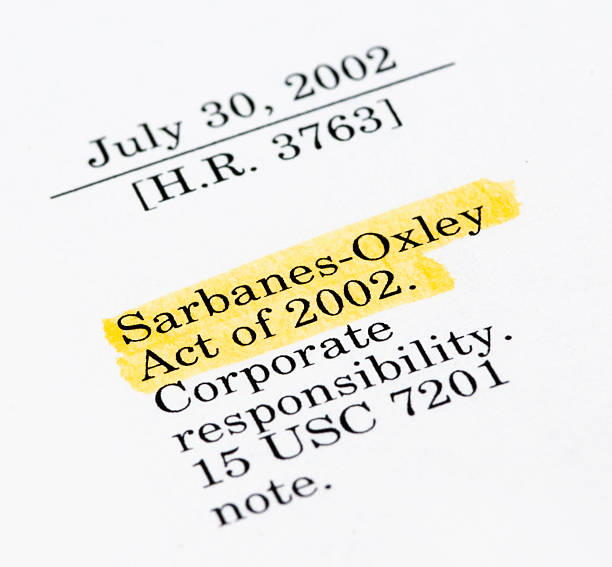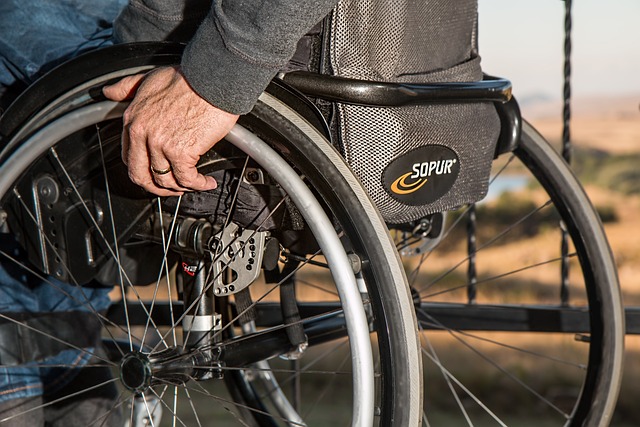How to Reduce Outstanding Receivables with Ethical Recovery Practices
This article outlines practical, ethics-focused approaches to reducing outstanding receivables. It covers preventive invoicing, negotiated settlements, compliant recovery steps, and operational options such as outsourcing and skiptracing to help organizations manage arrears responsibly.

Reliable cash flow depends on consistent receivables management. Organizations that combine clear invoicing, timely follow-up, and ethical recovery practices reduce arrears while preserving customer relationships. This article explains practical recovery steps, how to handle delinquency without aggressive tactics, and operational choices — including negotiation, skiptracing, compliance, and selective outsourcing — that support sustained credit and payment performance.
Recovery strategies for overdue accounts
Effective recovery begins with a documented process that escalates proportionally to the age and size of the balance. Early-stage recovery usually involves reminder notices, polite phone outreach, and offering electronic payment options. Mid-stage approaches can include structured installment plans and formalized settlement offers that balance cash receipt with customer affordability. Prioritizing data-driven segmentation — focusing resources on accounts where recovery likelihood is highest — improves returns while limiting unnecessary pressure on low-probability accounts.
Managing receivables with clear invoicing
Accurate, timely invoicing reduces disputes that lead to arrears. Clear invoices list due dates, accepted payment methods, and concise dispute procedures. Automated invoicing and follow-up reminders cut administrative lag and help detect delinquency patterns early. Integrating credit checks and setting tailored payment terms for higher-risk accounts helps limit future write-offs and supports healthier overall credit management.
Addressing arrears and delinquency ethically
When accounts move into arrears, communication should be firm but respectful. Documented timelines and transparent options for resolution — such as temporary payment adjustments — encourage cooperative outcomes. Avoid deceptive or harassing tactics; these can violate regulation and damage reputation. Ethical handling also means consistently recording commitments and monitoring adherence, escalating only when cooperation is not forthcoming and after fair warning.
Negotiation and settlement approaches
Negotiation for settlement should aim to recover value while offering realistic solutions for the debtor. Typical settlement structures include lump-sum discounts, staged payments, or partial forgiveness tied to timely performance. Effective negotiation uses clear documentation, predefined settlement authority levels, and an emphasis on mutually acceptable terms that preserve future business where appropriate. Maintain records of offers and acceptances to support compliance and audit trails.
Skiptracing and locating debtors
Skiptracing is a tactical tool for locating debtors who have become hard to contact. Ethical skiptracing starts with internal data reconciliation and proceeds to commercially available sources when necessary. Use licensed, reputable data vendors and ensure any locating efforts respect privacy laws and data protection requirements. Avoid intrusive surveillance; prioritize verifiable contact information and documented outreach attempts before considering more assertive steps.
Compliance, regulation and outsourcing choices
Regulatory compliance should shape every recovery action. Familiarize teams with consumer protection rules, fair practices legislation, and industry-specific regulation that govern communication frequency, content, and permissible third-party involvement. Outsourcing to external recovery firms can expand capacity, but choose partners with transparent compliance programs, documented procedures, and measurable KPIs. Well-managed outsourcing includes contracts defining permissible tactics, reporting requirements, and data security obligations.
Conclusion Reducing outstanding receivables ethically requires a mix of preventive measures, structured recovery processes, and thoughtful operational choices. Clear invoicing, respectful communication during arrears, strategic negotiation, careful use of skiptracing, and compliance-focused outsourcing can all reduce delinquency while maintaining trust. Organizations that apply consistent, documented practices are better positioned to improve cash flow without compromising legal or reputational standing.




